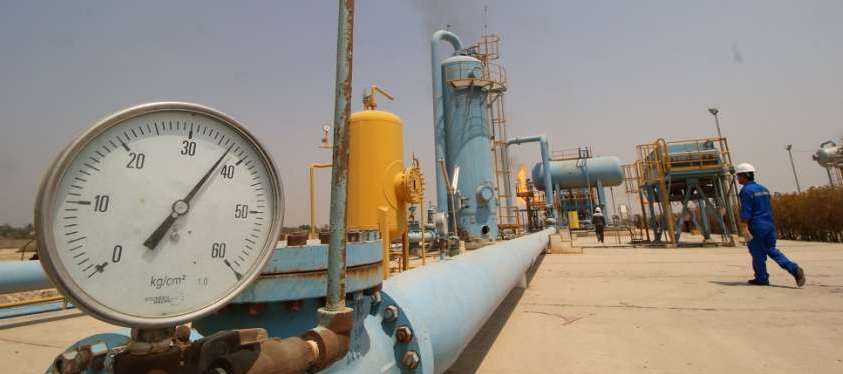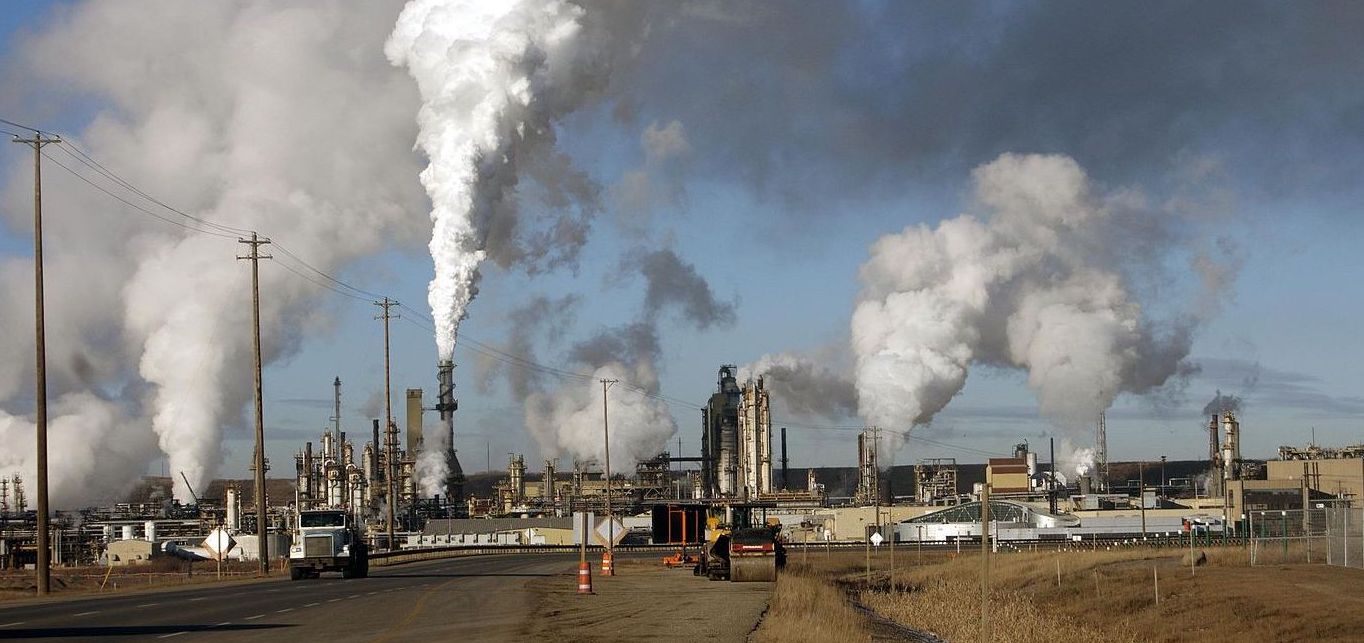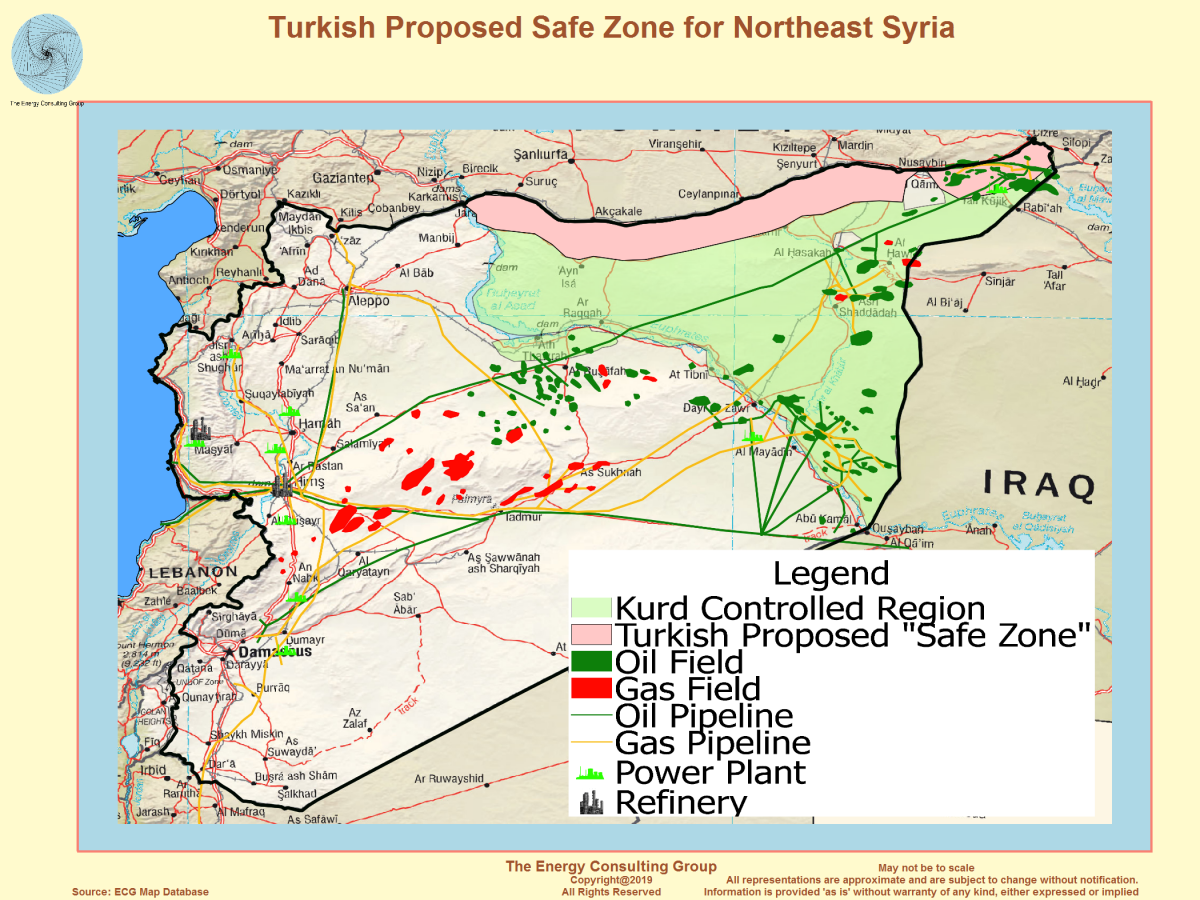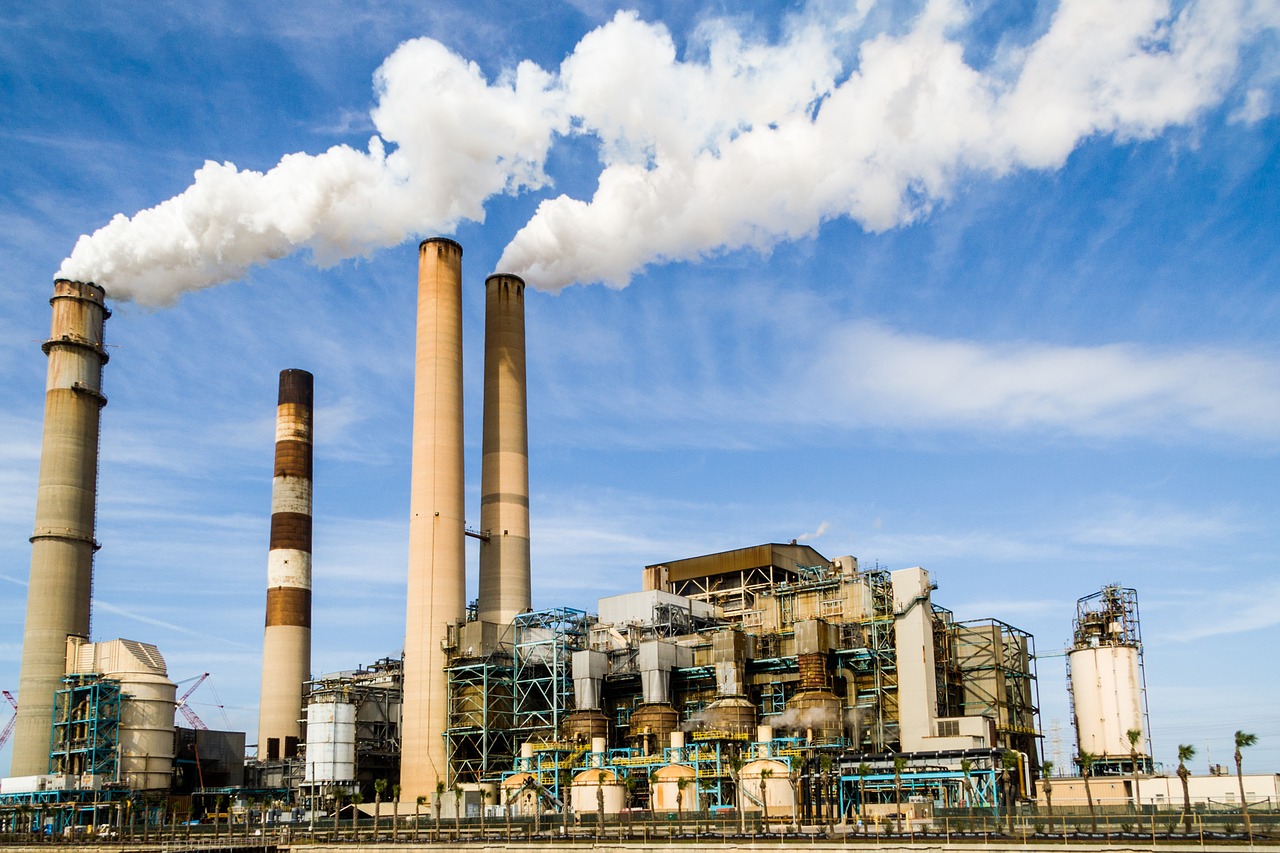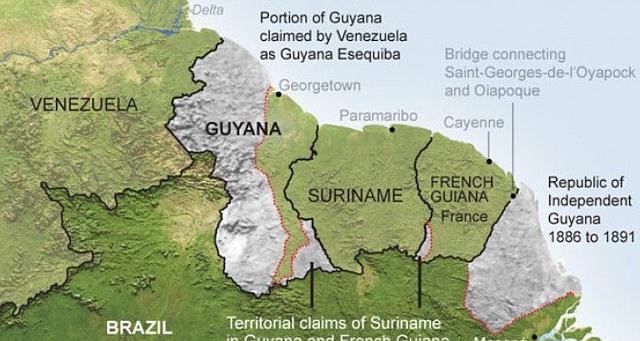
UN climate talks delayed one year by COVID-19
International climate negotiations will be delayed by a full year due to the coronavirus pandemic, the UN Framework Convention on Climate Change (UNFCCC) and the UK government announced. The next summit, dubbed COP26, was due to take place this November in Glasgow, but has now been put off to November 2021. Delaying the talks could encourage governments, industrial concerns and financial institutions to adopt recovery plans with high climate costs—such as a bailout for the oil companies. The postponement is particularly critical given the failure of last year’s summit, held in Madrid, to reach any agreement. (Photo: Ralf Vetterle, Pixabay)




